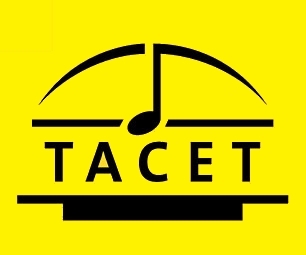Prokofieff wrote chamber music all through his career, though never much of it; and this illuminating album clearly shows his shifting styles. The program opens with Overture on Hebrew Themes, from the composer’s New York period. Filled with melodic invention and gratifying solos, it has always been popular,though Prokofieff thought it too conventional. The jaunty opening sounds a bit like vernacular music from Fiddler on the Roof—I mean that as a complement. The piece also has moments of touching lyricism.
The 1924 Quintet is the avant-garde Prokofieff, less ingratiating but by no means alienating. I recently heard a superb performance with players from the New York Philharmonic and am still reeling from the work’s sheer oddness, especially the gruff bass solo opening in II and the violent slashing in the Allegro precipato. It’s good to hear it again in this jaunty performance, though the piece is hard to sort out.
There are also fascinating tidbits, including an incomplete cello sonata, elegantly played by Gen Yokosaka; a wacky humoresque scherzo for four bassoons with a mournful trio; and a chamber music arrangement of the Visions Fugitives by M. Ucki. The 1947 sonata for solo violin, played with great verve by Kei Shirai, was written under Soviet supervision, so it is properly tuneful and simple: one can’t, the authorities believed, tax the brains of virtuous Soviet workers. And Prokofieff was perfectly capable of writing ingratiating tunes.
All the performances are lively and engaging, enhanced by a warm recording. The Ludwig Chamber Players have only been around since 2013, but they are rapidly establishing themselves as a first-class ensemble. The addition of the exotic ‘Swing Fagotteta’ for the bassoon scherzo completes a delightful picture.
Jack Sullivan<< back
